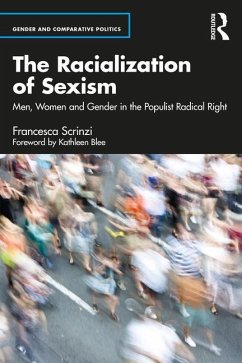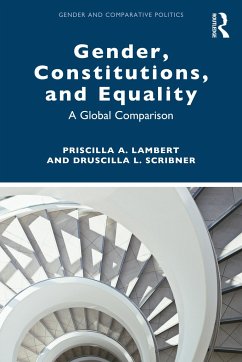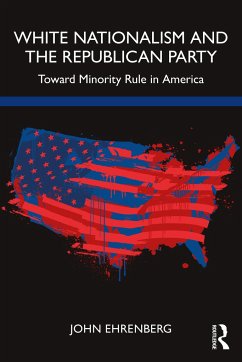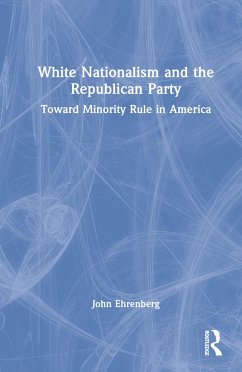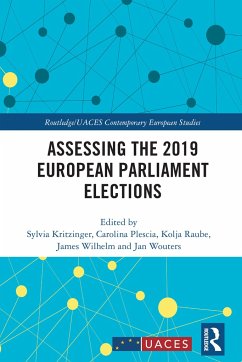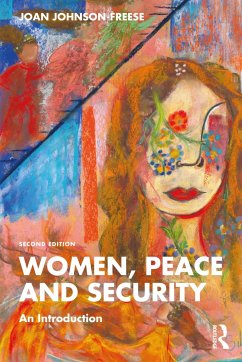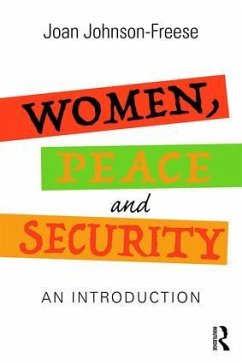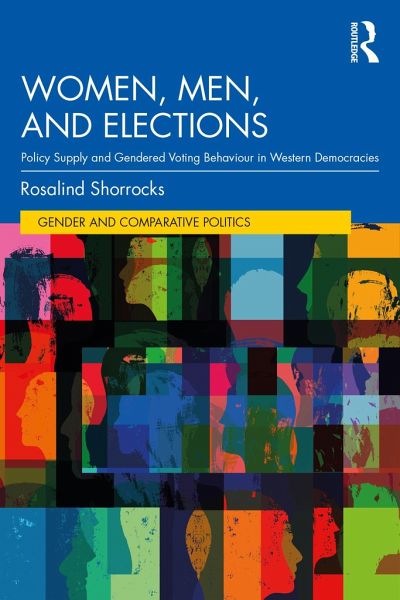
Women, Men, and Elections
Policy Supply and Gendered Voting Behaviour in Western Democracies
Versandkostenfrei!
Versandfertig in 6-10 Tagen
42,99 €
inkl. MwSt.
Weitere Ausgaben:

PAYBACK Punkte
21 °P sammeln!
Women, Men, and Elections sheds new light on gendered political behaviour by analysing the relationship between policy supply and gender gaps in vote choice across elections in the United States, Canada, Australia, New Zealand and multiple Western European countries.Rosalind Shorrocks argues that the electoral context, and specifically policy supply, are associated with the ways in which vote choice at election time is gendered. Using data from the Comparative Study of Electoral Systems and the Comparative Manifesto Project, Shorrocks finds that the extent to which men and women differ in thei...
Women, Men, and Elections sheds new light on gendered political behaviour by analysing the relationship between policy supply and gender gaps in vote choice across elections in the United States, Canada, Australia, New Zealand and multiple Western European countries.
Rosalind Shorrocks argues that the electoral context, and specifically policy supply, are associated with the ways in which vote choice at election time is gendered. Using data from the Comparative Study of Electoral Systems and the Comparative Manifesto Project, Shorrocks finds that the extent to which men and women differ in their vote choice is contingent on the policy choices that parties off er to voters. Women and men respond to party policy positions in ways that are linked to both their gender and their socioeconomic position, producing variation in gendered political behaviour across elections, across countries, and across subgroups in society.
Women, Men, and Elections offers a much- needed fresh perspective on our understanding of political behaviour, representation, and party competition. It serves as an excellent supplementary text for students and scholars of comparative politics, gender and politics, and political behaviour.
Rosalind Shorrocks argues that the electoral context, and specifically policy supply, are associated with the ways in which vote choice at election time is gendered. Using data from the Comparative Study of Electoral Systems and the Comparative Manifesto Project, Shorrocks finds that the extent to which men and women differ in their vote choice is contingent on the policy choices that parties off er to voters. Women and men respond to party policy positions in ways that are linked to both their gender and their socioeconomic position, producing variation in gendered political behaviour across elections, across countries, and across subgroups in society.
Women, Men, and Elections offers a much- needed fresh perspective on our understanding of political behaviour, representation, and party competition. It serves as an excellent supplementary text for students and scholars of comparative politics, gender and politics, and political behaviour.






